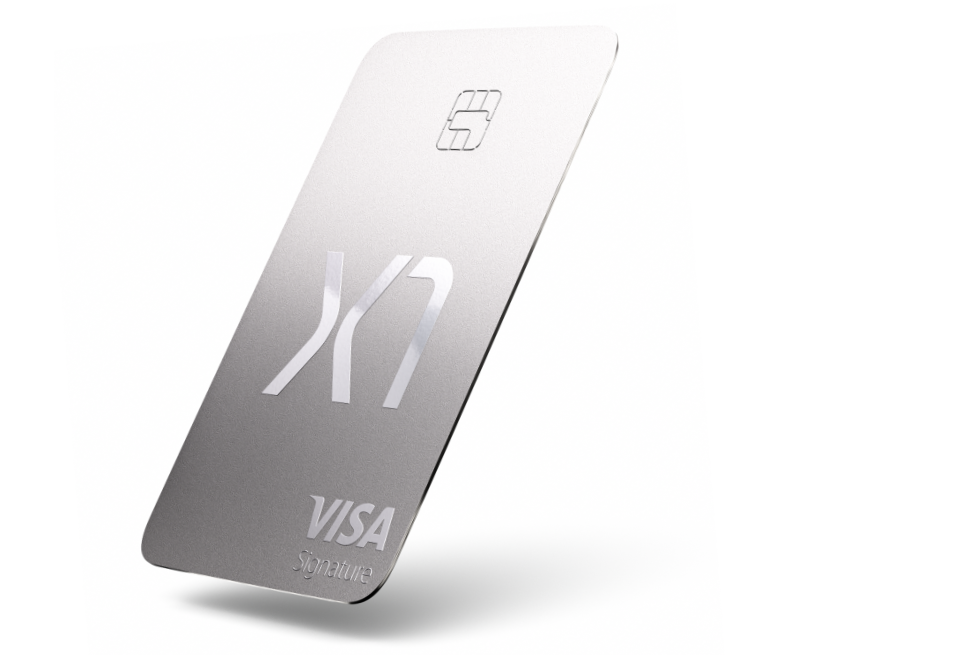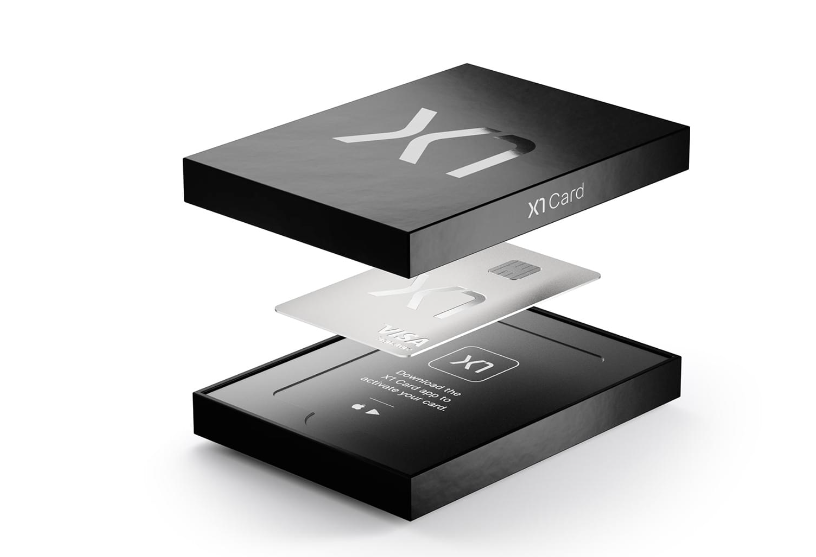
The $2.4 trillion consumer credit card industry has been getting crowded, but the increase in competition is not enough to stop X1, one of the newest players in the smart payment card space.
X1 was founded in 2017 to create a challenger credit card that fits today’s digital-first era. “With X1, we tossed the rulebook out and designed the first challenger card for digital natives,” said X1 Co-founder and CEO Deepak Rao. “X1 delivers a superior experience that feels both simpler and smarter than any other credit card on the market.”
Having exited private beta in October of last year, X1 now has cardholders in 50 states and its card has been used in more than 100 countries. The company reports that a card transaction takes place every five seconds, and it is on track to see $1 billion in annualized spend this year.
Helping to fuel this success is a $25 million Series B funding round the company received this week. The investment was led by FPV, with Craft Ventures, Spark Capital, Harrison Metal, SV Angel, Abstract Ventures, the Chainsmokers, and Global Founders Capital also participating. X1’s total funding now sits at more than $45 million, which the company will use to invest in product innovation and scale.
So why is a newcomer experiencing this kind of success so early on? The answer may lie in how X1 is differentiating itself from the competition. The company offers four major features that set it apart from incumbent credit card providers. Cardholders can:
Benefit from income-based credit limit
X1 says it bases cardholder credit limits on their current and future income, rather than on their credit score, which is a risk underwriting method that is not only dated, but also excludes certain segments of the population that have thin credit files. The company estimates that this method allows it to set cardholder credit limits up to five times higher than traditional players.
End free trials automatically
In today’s subscription-based economy, cardholders need a payment method that works for their needs. X1 offers virtual payment cards that automatically expire, allowing users to automatically end a free trial by terminating the payment method. Using a virtual card number in this way limits the possibility a user will continue to pay for a service they have forgotten about and don’t use.
Spend anonymously
X1 offers a feature to help users protect their privacy. The company allows cardholders to spend anonymously, without disclosing their personal information, which can be sold, misused, or susceptible to fraud.
Create virtual cards for one-time use
While not a new feature to the credit card world, single-use virtual credit card numbers are more commonly found in commercial credit card offerings. At their core, these single-use virtual cards offer more security since the credit card number expires. They are also great to use as a backup method to control recurring transactions or limit subscription fees.
X1 will begin accepting applications from its 500,000 user waitlist– as well as to the general public– in the coming weeks. The card comes with no annual fee and pays users two points on every dollar they spend (3 points for every dollar if the cardholder spends more than $15,000 in a year). Points can be redeemed at major brands and retailers.
